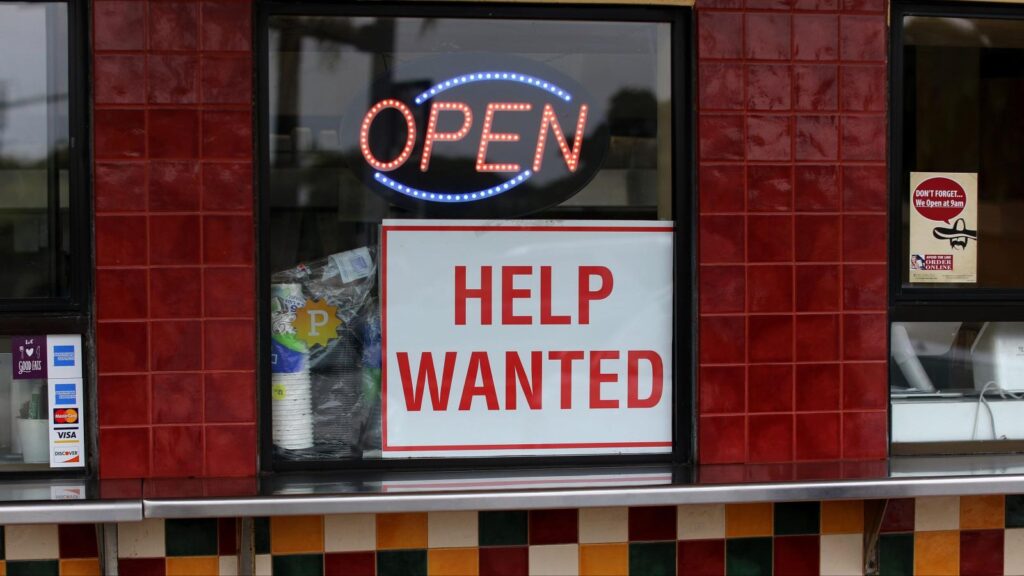Maine law will prohibit employers from inquiring about criminal history of applicants

Employers in Maine will be prohibited from asking prospective job candidates about their previous criminal histories under a new law signed by Gov. Janet Mills.
The new law, which was approved by the Legislature in the final days of its session, will ban companies from screening people with criminal backgrounds before those applicants have an opportunity to go through the preliminary hiring process.
Under the new rules, which take effect in October, employers must delay questions about a criminal history until after they’ve made a conditional offer of employment.
After that, they can ask about criminal convictions, but not about previous arrests or charges.
There are also exemptions in the new law for situations where a previous felony conviction prohibits a prospective employee from being considered for the opening.
Employers that violate the new rules, which will be enforced by the Maine Department of Labor, could face penalties of up to $500 for each violation.
Supporters of the changes say they will illuminate barriers to employment for many workers and help companies hire more people.
“Mainers’ past mistakes should not continue to damage their chances of employment and economic prosperity for the rest of their lives,” James Myall, a policy director at the Maine Center for Economic Policy, said in recent testimony on the bill. “These inquiries create new barriers to opportunity for Mainers who have served their time and are trying to re-enter society in one of the most central ways: by getting a job and earning an income.”
Mydall cited state data showing more than one in six Mainers – 139,000 people between 18 and 64 years old – have been arrested at least once in their life.
“Because Maine does not have an organized process for sealing or expunging criminal histories, records of these arrests follow Mainers for their entire lives,” he said.
Labor unions also backed the proposal, saying it will help more qualified job candidates get hired. Adam Goode, political director for the AFL-CIO of Maine, told lawmakers in recent testimony on the bill that asking prospective employees about previous criminal convictions is “a barrier to working people, is bad for business and prevents people from working.”
“Qualifications of job applicants should be considered first, without an immediate conviction inquiry that serves to discourage people from apply to jobs and functions as a screen that artificially weeds out qualified workers,” Goode said.
Several business groups, including the Maine chapter of the National Federation of Independent Businesses, opposed the changes, arguing that it would hamstring smaller employers from properly vetting prospective workers.
At least 14 states and Washington, DC, have approved “ban the box” policies, according to the National Employment Law Project.
In 2019, Congress passed the Fair Chance to Compete for Jobs Act, banning “the box” on job applications for positions with federal agencies and private employers that contract with the federal government.
This article was originally posted on Maine law will prohibit employers from inquiring about criminal history of applicants






